Revolving Door
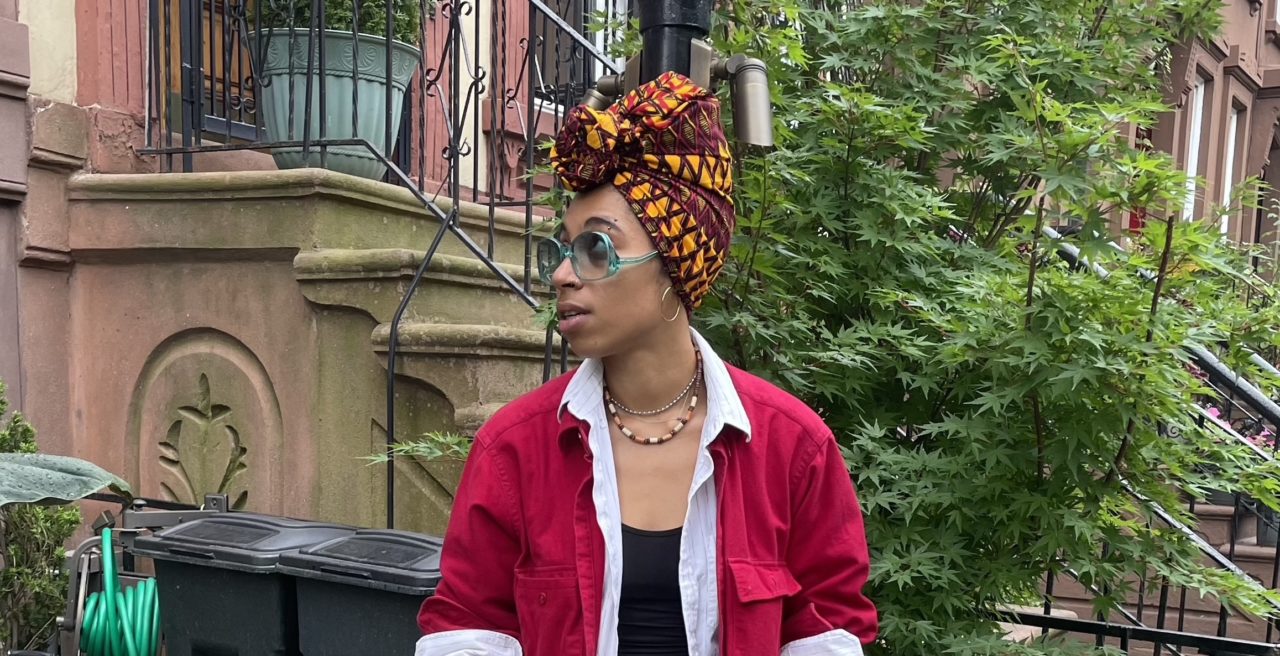
Linear-lacking. Cylinder. Revoked. Allowed. Circular and mundane in its commonality, addiction is a generational being. It is born within us, conditioned by half-chosen, half-imposed paths of self and others. Passed down from father, grandmother, uncles, and siblings to the child in all adults. Worrying and fear-inducing, struggling to undo more than simply one’s own quilt, we reproduce, mirror, squeeze out what we sponged up in the years prior to accessible conscientiousness. Embodying what we know regardless of its power for better.
A child is a product of its environment. Mirrors must be shattered in order to be reused, re-made. Differentiation and emancipation. Reflective glass cracked, black cats, bad luck. The cycle is embedded beyond our capabilities. Carrying intergenerational trauma and struggle. The fight for self is a downhill battle. How does one discard of other’s pains? Re-center on a chosen path? Is handpicking paths not in itself conditioned by those chosen prior? Being despite, being because.
The battle isn’t simply mine yet the choice to emerge victor is my own.
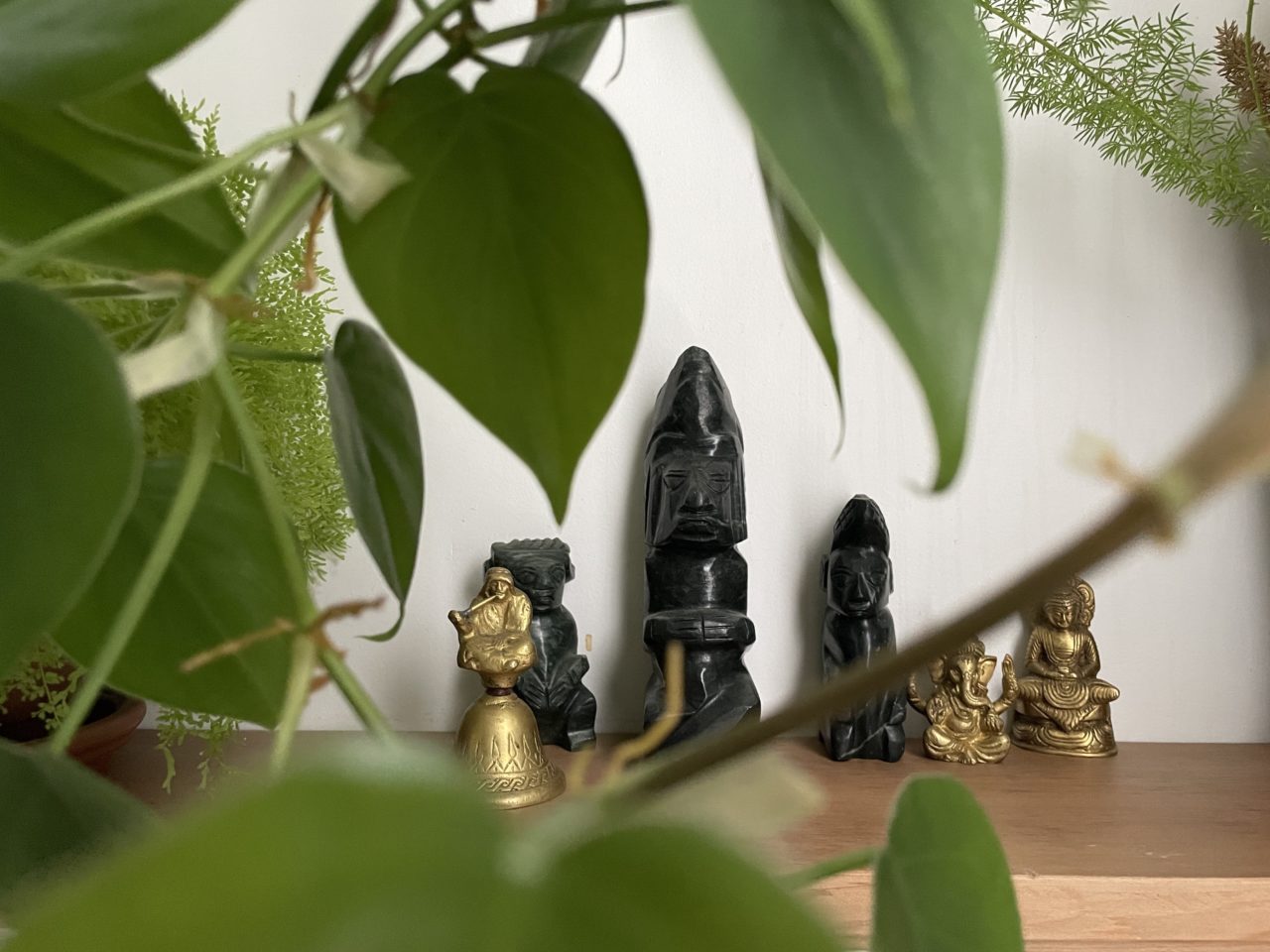
Comprehension and rewinding the clock is work enough, analysis through therapy and consciousness of the play of its unconscious may be step one.
Step two, develop tools.
Step three, maintain the thread in windy waters, questioning beyond is capsizing. Ah, there’s another spiral. The ocean swirls and aspirates. Drowning less than floating below healthy lines.
The conceptualization of what is one drink and what is twelve is inherited. My father enacts the latter as non bothersome while knowing the former as acceptable. Over the course of one night? Over the course of a week? Over a table and snacks with friends? By oneself in the basement of one’s mind?
T’is all relative yet scientifically correlated to severe illness and premature death. The risks are as high as the feelings are pleasurable. At times, makes me wonder if believing in a god is helpful. Reporting to a higher soul-like element. Being accountable to another. Sounds pleasant. Yet, tumultuous in potential guilt riddance. I want to be accountable to myself. How much is allowing myself to be and how much is pushing too hard, going too far, forcing something that is not ready to erupt.
Step. By. Step.
How small a step and how large a gap between where you are and want to be? How simple would it seem to crack the door to your unconscious and say….
“Is that you, the solver of all issues?”
“I am simply your assistant, come sit in your office.”
“I want to uncover, what ails me, what churns me, why I am what I am.”
“It’s simple, put this on, review all your memories, and hold this -”
“What is it?”
“Relativity…. It will have you hold more intelligence to comprehend further than vision and thought, grasp multiple truths at once, release the unnecessary, remember the beneficial.”
“I’m confused.”
“I know, listen and follow my guidance, soon you will no longer be.”
I am limited by the words accessible to me. Limited in my ability to express the complexities of what it is I feel. I believe in the power of conversation, discussion, I believe in its power to unlock certain ailments we cannot grasp clearer yet may be able to graze. Therapy and all the keys it holds are dependent on a non-slippery hand. My hands have been greased. Perceivably unwashable at times, I have resorted to wiping them off, holding the tissue as I extend a slowly unbending elbow to tentatively begin to engage with the want to get better.
They’ll say admitting you have a problem is step one. Wouldn’t it be closer to simply desiring to begin actively working to solving?
Step one, develop the yearning to exertion.
Comfort is found in habituality. The intensity of the fear-inducing journey it requires may be greater than that of the dream of where it will lead: a more stable, happier state. Comfort in certitude.
“I am certain I have an addictive personality.”
“Aren’t you certain you’d be a more fulfilled person by striving to put that behind you?”
“How can I be certain? I have not lived it.”
“Are you not certain you want to take the leap?”
“How can I be? I know not its consequences?”
“Could your fear be conditioned by that of your certitude that what ails you is the cause rather than the symptom?”
“Stop it.”
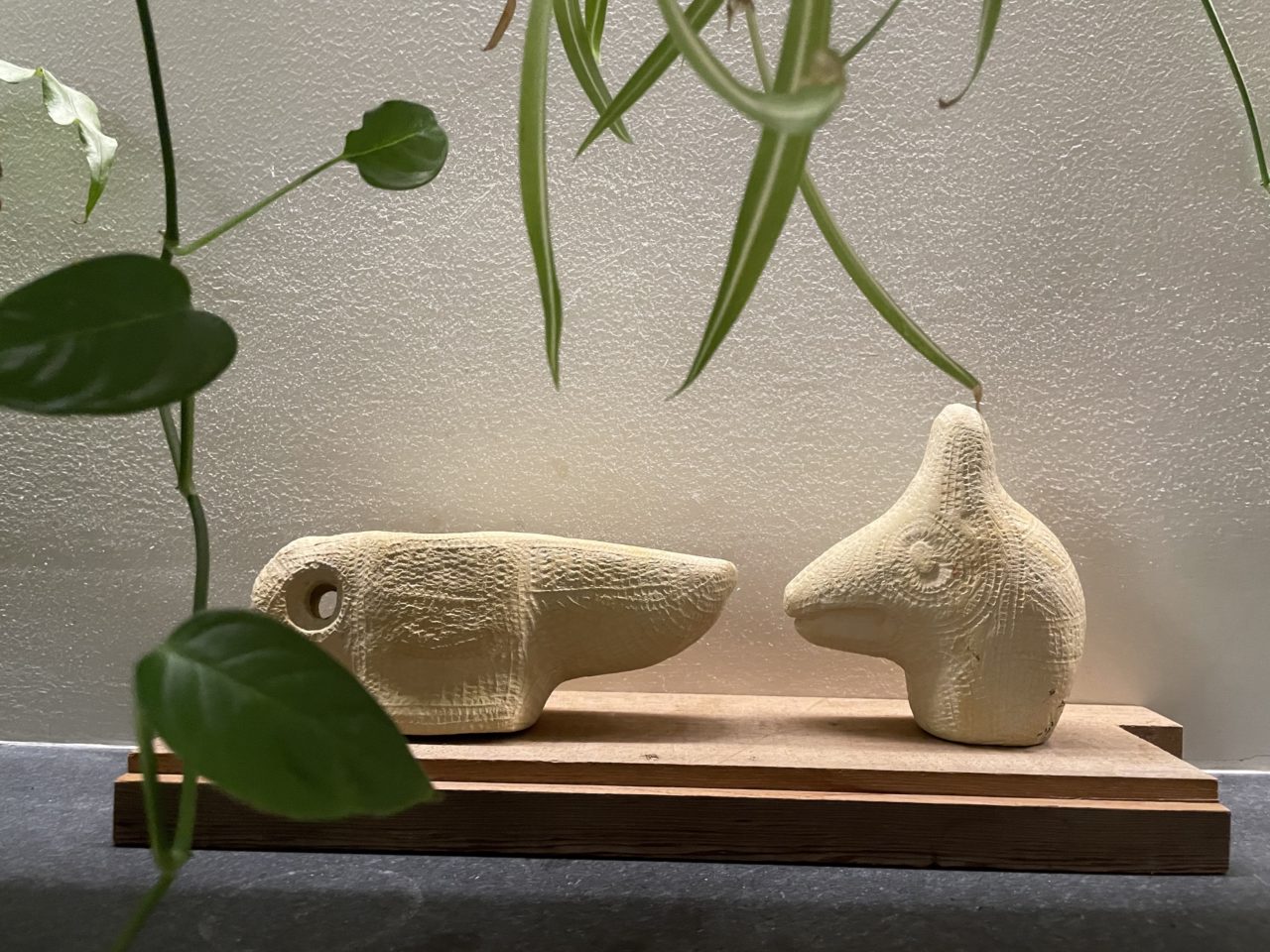
Maybe that is what they mean when they say step one is admitting you have a problem. Maybe it refers less to the problem of substance abuse and more so to what its root cause is.
Step one, coming to terms with the troubling something that causes one to consume substances in order to suppress it, hide it, rush away from it.
Step two then, could become running towards, eyes closed, feet paddling, screaming in a wide-open mouth, as though one may do when they’re only chance of salvation is jumping off of a burning building regardless of what lay beneath.
Would this step correlate to a shift from greater intensity of the fear of remaining in the accustomization to that of a scorching, itching, need rather than hankering to access a preferable existence. This is anchored in the belief that one is attainable and superior to that of the survival based nature of the current and exfoliation-worthy existence.
The question remains, where is such certainty located and what makes it harder to quest for? Generational continuity and reproduction of vice seems to further bury it. A lack of various models naturally strengthens the burial by drying out the soil above it. Cracked earth and scarcity of potential leading to no other options for as far as the eye can gaze.
A child turned adult socialized into dysfunction must be made aware of the existence of functionality, especially considering the world we live in, the proximity of humans, the plurality of voices, stories, real and fictitious, broadcasted beyond mouth to ear and onto screens and devices. However that same adult may struggle with the ability to integrate their own agency in attaining it.
Let us now apply this abstraction to the inheritable nature of addiction as it relates to its consistency in duplication overflowing into multiplication further distancing one from the ease of shedding it.
The importance of therapy and working through the root causes of addictions is undeniably beneficial. We come to an impasse when looking to the mass-pharmaceutical needs to pump our children full of drugs, supposedly due to a chemical imbalance in their mind, which is scientifically impossible to test for. Don’t get me wrong, I understand the value of medicine and treating illness with necessary medication, however, there is such a thing as too wide spread, such a thing as laziness, such a thing as numbing rather than dealing.
When it comes to uncovering and targeting the ailment’s foundation as opposed to its symptom, the substance abuse, wouldn’t it be counter-productive to exchange, replace, one addiction, with another?
Even if medically prescribed, isn’t dependence the same in both cases as it relates to one’s inability to function without a specific substance especially when prescribed to minds still in development, minds under the age of 25. Shouldn’t we enable our young minds to try and develop true mental tools prior to treating them with substances?
In France, if one is in need of antidepressant medication, they will have one psychiatrist. In America, if one is in need of the same, they will have both one therapist and one psychiatrist. Capitalism lacks moderation as it focuses on accumulation. Is there an issue with applying the laws of capitalism to mental health?
Considering antidepressant drugs may be but a band-aid for such minds whereas therapy, if done well, may assist in developing the tools to cope with, handle, manage, and grow time and time again. Could we transform the revolving door from drug-infused to holistic practices?
About the Author

Iman M’Fah-Traoré is a French New Yorker. Originally born in Paris, she moved to New York in her young years and majored in Politics and Governance at Ryerson University, Toronto. She is now attending the New School in NYC for Global Studies. The Ivorian and Brazilian writer works with The Womanity Project, a non-profit that challenges gender equity with innovative workshops. Currently, she is working towards assembling her first poetry book. Her writing specializes in LGBTQ+, grief and trauma, and race and ethnicity poetry and essays.




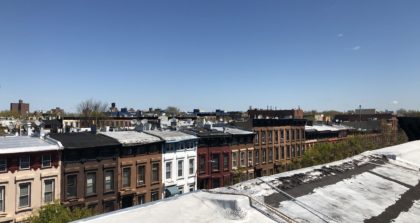
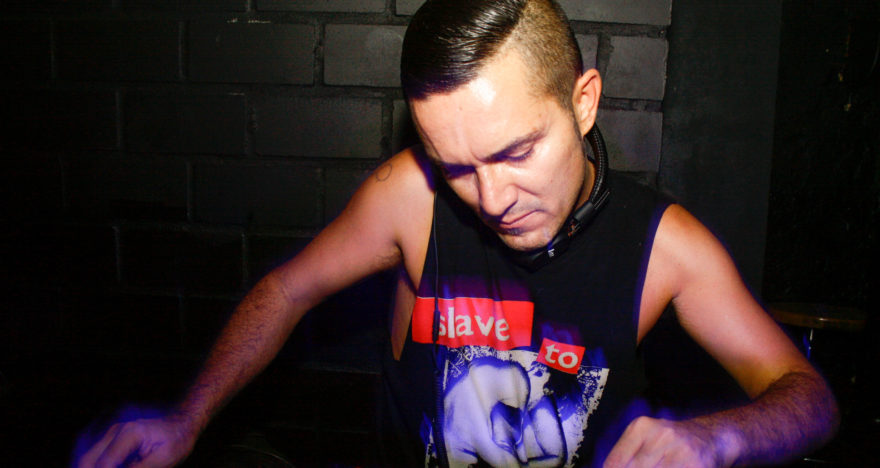

View Comments
No Comments (Hide)